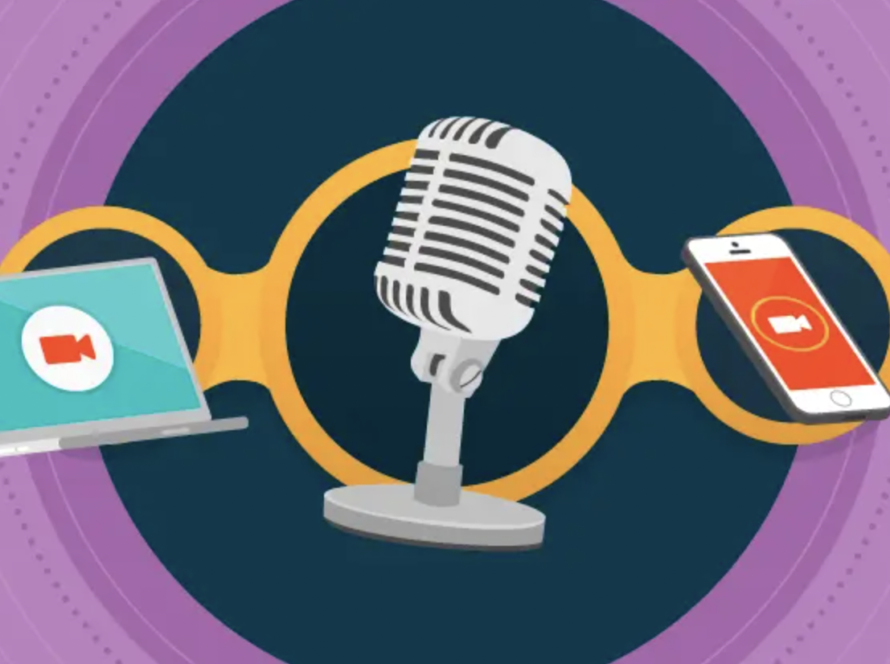Advancements in artificial intelligence (AI) have led to the development of highly sophisticated text-to-speech (TTS) systems that can generate synthetic voices. While AI voices offer convenience and efficiency, there are still so many compelling reasons why using a human voice remains best practice.
Let’s explore the unique qualities and benefits of human voices, highlighting why they continue to be preferred over AI voices in various applications.
Emotional Connection and Authenticity
Human voices possess a natural warmth and emotional depth that forge a strong connection with listeners. Unlike AI voices, which can sound robotic or lack emotional nuances, human voices can convey subtle inflections, intonations, and expressions that evoke empathy and engagement. This emotional connection is particularly crucial in content that aims to tell stories, deliver persuasive messages, or create immersive experiences. Human voices bring authenticity to the forefront, making listeners feel understood and fostering a genuine connection that AI voices struggle to replicate.
Vocal Flexibility and Adaptability
Humans have an innate ability to adjust their voice to suit various contexts, styles, and target audiences. A professional voice actor can modulate their tone, pace, and emphasis to align with the desired effect or convey specific emotions. This flexibility allows for a dynamic and customized approach, ensuring that the voice matches the content’s intent and resonates with the intended listeners. In contrast, AI voices, although continually improving, often lack the versatility and adaptability that human voices bring to the table.
Contextual Understanding and Interpretation
Human voices excel in understanding and interpreting the context of the content they are delivering. They can comprehend the underlying meaning, subtext, and nuances within a script, adjusting their delivery accordingly. This contextual understanding allows voice actors to bring the words to life, capturing the intended essence and delivering a more nuanced and impactful performance. AI voices, while capable of delivering accurate pronunciations and clear speech, struggle to grasp the subtleties of context and often lack the interpretative skills that humans possess.
Brand Consistency and Personality:
For businesses, a human voice can become an integral part of their brand identity, providing consistency and personality. By employing a consistent human voice across various touchpoints, such as commercials, phone systems, and online videos, companies can establish a recognizable audio presence. Human voices can embody the brand’s values, tone, and persona, enhancing customer familiarity and loyalty. AI voices, while capable of mimicking certain vocal characteristics, struggle to deliver the same level of personalization and brand alignment that human voices offer.
Artistic Interpretation and Collaboration:
Collaborating with a human voice actor allows for artistic interpretation and creative input. Voice actors can bring their unique perspectives and expertise to the table, enhancing the overall quality of the project. Their ability to collaborate, take direction, and adapt their performance based on feedback fosters a dynamic creative process. This level of collaboration is challenging to replicate with AI voices, as they lack the intuitive understanding and creative input that comes from human interaction.
While AI voices offer convenience and efficiency, the emotional connection, vocal flexibility, contextual understanding, brand consistency, and artistic collaboration provided by human voices make them irreplaceable. Embrace the power of human voices to create authentic and impactful audio experiences.

